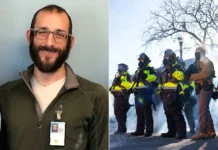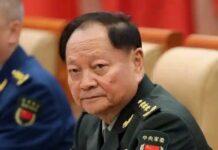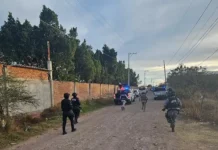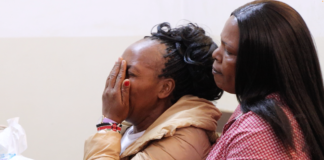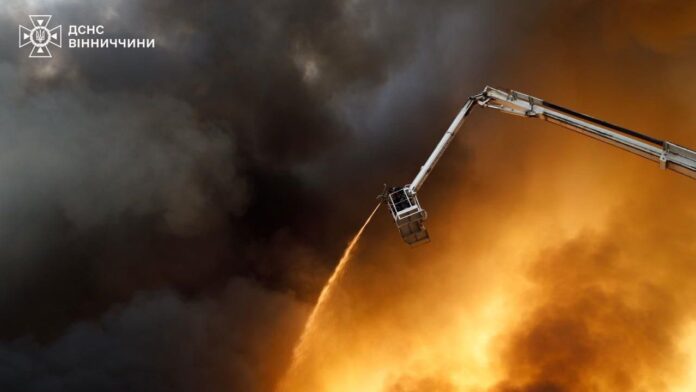
Russia has launched what Ukrainian officials described as a “massive” overnight drone attack targeting President Volodymyr Zelensky’s hometown of Kryvyi Rih and other key regions, marking one of the largest aerial assaults in recent weeks.
According to the Ukrainian Air Force, the onslaught involved 400 long-range drones and one missile, with 345 drones reportedly intercepted or neutralized. The heaviest strikes hit Kryvyi Rih, Kharkiv, Vinnytsia, and parts of the Odesa region.
Oleksandr Vilkul, head of Kryvyi Rih’s military administration, described the attack as the most intense since the war began, involving 28 drones and a ballistic missile. Fires broke out across the city, leaving several areas without power or water. President Zelensky confirmed that 15 people were injured and that the city’s energy infrastructure was deliberately targeted.
“Russia is not changing its strategy,” Zelensky stated on X. “To counter this terror effectively, we need to strengthen our defenses, more air defense systems, more interceptors, and more resolve.”
In Kharkiv, Mayor Ihor Terekhov said the city was struck 16 times in just 14 minutes. In Vinnytsia, eight people were wounded, and two infrastructure sites caught fire.
Nationwide, three people were killed, two in Kharkiv and one in Sumy, over the past 24 hours, with at least 38 others injured, officials said.
The attack comes amid a significant shift in U.S. foreign policy. On Monday, President Donald Trump announced a new package of U.S. military support for Ukraine, including Patriot missile systems via NATO. He also warned of “secondary tariffs” on nations purchasing Russian oil, signaling a tougher economic stance on Moscow.
Trump, once seen as sympathetic to Russian President Vladimir Putin, expressed frustration that his peace overtures had been ignored. “He fooled Clinton, Bush, Obama, Biden—he didn’t fool me,” Trump remarked.
Kremlin spokesman Dmitry Peskov called Trump’s sanctions threat “very serious,” and noted that Moscow was evaluating the U.S. statements. He added that Western actions were interpreted by Ukraine not as peace signals but as encouragement to continue the conflict.
Meanwhile, European Union foreign ministers voiced strong support for the U.S. measures. “In order to have peace, we need to support Ukraine and pressure Russia,” said EU foreign policy chief Kaja Kallas.
As recovery efforts continue in the affected regions, Ukraine braces for further escalations in a war that shows no sign of abating.
Written By Rodney Mbua










